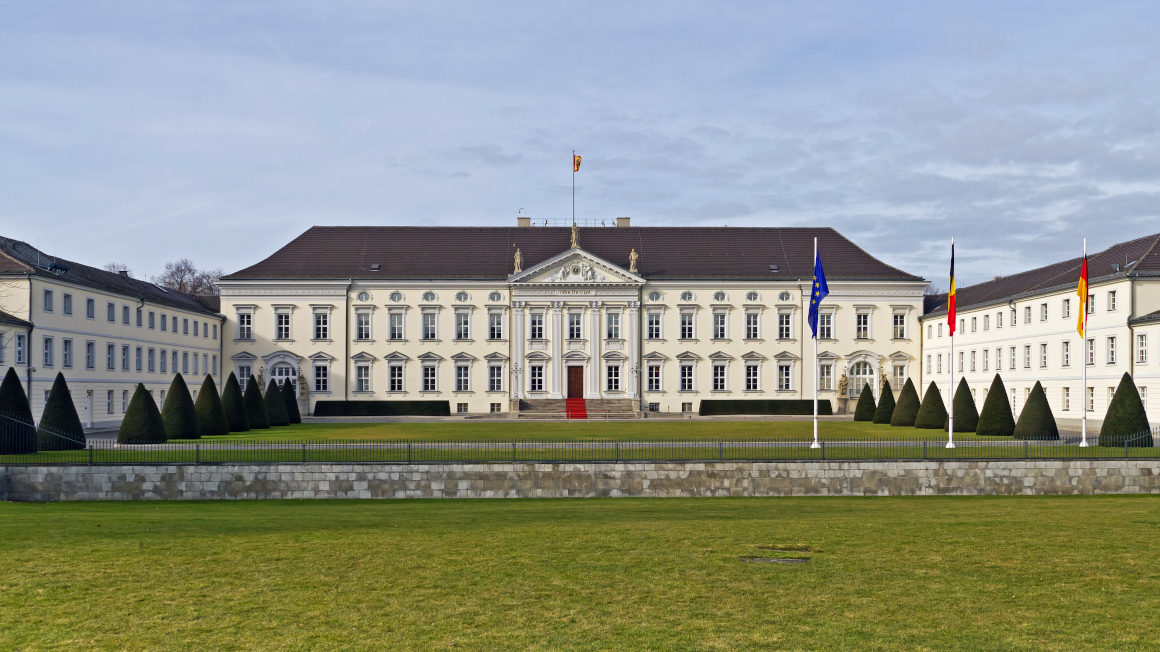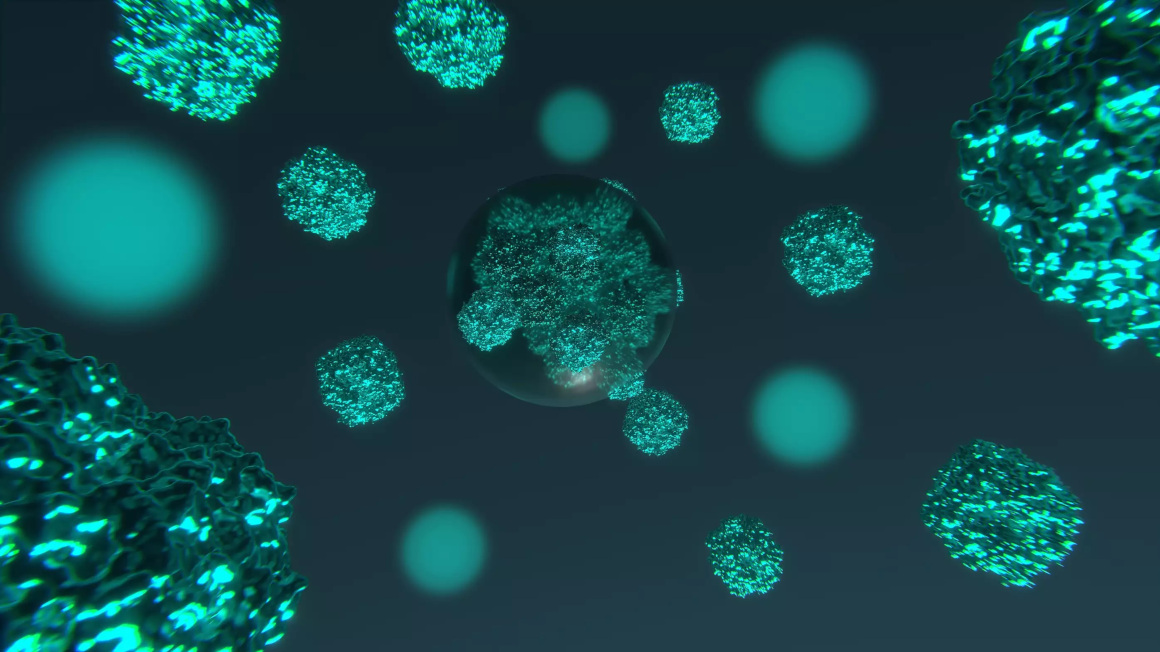Much bioeconomy at the Week of the Environment
On June 10 and 11, German President Frank-Walter Steinmeier and the German Federal Foundation for the Environment (DBU) will be inviting visitors to the Week of the Environment. The motto of the digital event is "This is how the future works!" and the bioeconomy is therefore represented several times.

How can we shape our future in a sustainable and environmentally friendly way? Which innovations, trends and ideas can help to keep our earth livable for future generations? The Week of the Environment on June 10 and 11 in Bellevue Palace will provide answers. For the sixth time, German President Frank-Walter Steinmeier and the German Federal Foundation for the Environment (DBU) are inviting representatives from science, business, society and politics to the park at Bellevue Palace to discuss pressing issues of the future.
Environmental event in hybrid format with high-caliber guests
Due to the pandemic, the event will take place partly in the park and partly digitally. In addition to discussion rounds on the main stage at the residence of the Federal President, which can be followed in a live stream, interested parties will have the opportunity to attend webinars and expert forums. The hybrid event will feature discussions on topics such as mobility, sustainability in the financial world and biodiversity. The Week of the Environment will be accompanied by an exhibition where around 150 stakeholders will present their ideas and projects - also on the bioeconomy - digitally.
The Week of the Environment will be opened on June 10 by the host, German President Frank-Walter Steinmeier. With EU Commission President Ursula von der Leyen and U.S. Climate Change Representative and former U.S. Secretary of State John Kerry, two high-profile politicians will also take part in this year's event. "The impulses from Ursula von der Leyen and John Kerry are a tribute to all efforts to preserve the diversity and resources of the planet in the future," said DBU Secretary General Alexander Bonde. For it is "not only a question of generations, but also the necessary debate about an environmental social contract - worldwide." In order to realize the 55% reduction in the greenhouse gas carbon dioxide by 2030 planned in the European Commission's climate protection package, economic and social changes are needed globally. "We the people must stick together. And drive climate protection worldwide with innovation and growth," Bonde said.
Showcase of bioeconomy projects
The contribution that the bioeconomy can make to nature, climate, environmental and resource conservation is illustrated by several exhibits at once: The German Federal Ministry of Education and Research (BMBF) is presenting two videos, one on modern plant breeding and one on the citizen science action "Expedition Erdreich" (Expedition Soil) as part of the Science Year 2020/21 - Bioeconomy. In the participatory action, citizens use various tools - including tea bags - to explore the quality of our soils and provide research with important results for improving soil and climate models. The potential of soils and their importance for humans and the environment are also explained by researchers from the Helmholtz Centre for Environmental Research (UFZ) as part of the BonaRes project.
Insulation materials and structural change in coalfields
The Fraunhofer Institute for Wood Research provides insights into the potential of insulating materials made from renewable raw materials for environmental, but also fire and noise protection. With the BioeconomyREVIER, researchers from Forschungszentrum Jülich in turn show how the transition from an economy based on fossil raw materials to a resource-conserving, integrated, biobased economy can succeed and how former coalfields can become regions of the future. Project Management Jülich and the Agency for Renewable Resources supported BMBF and the Federal Ministry of Food and Agriculture (BMEL) in the implementation of the projects and present the results.
Car tires made from dandelion rubber
Furthermore, interested parties can find out about the current state of development of car tires made from Russian dandelion - a joint research project of the BMBF and BMEL. Russian dandelion produces a milky sap of comparable quality to the rubber commonly used for car tires, the mining of which threatens tropical forests. Actions to avoid plastic in the environment or strategies for sustainable textile production will also be presented during the Week of the Environment.
bb


